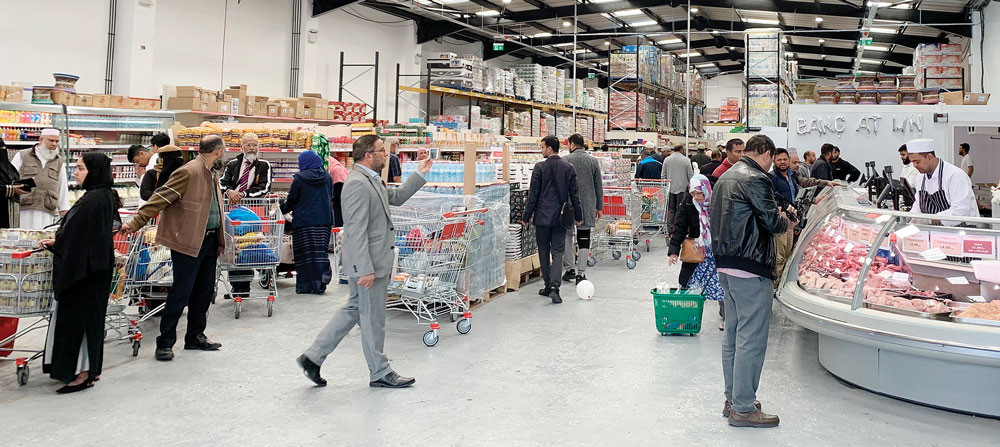RESTAURANTS TACKLE RISING COSTS
As the cost-of-living crisis continues, the restaurant industry is facing several challenges. Curry Life spoke to three restaurant owners to discover what they are doing to recoup lost revenue amid spiralling costs.
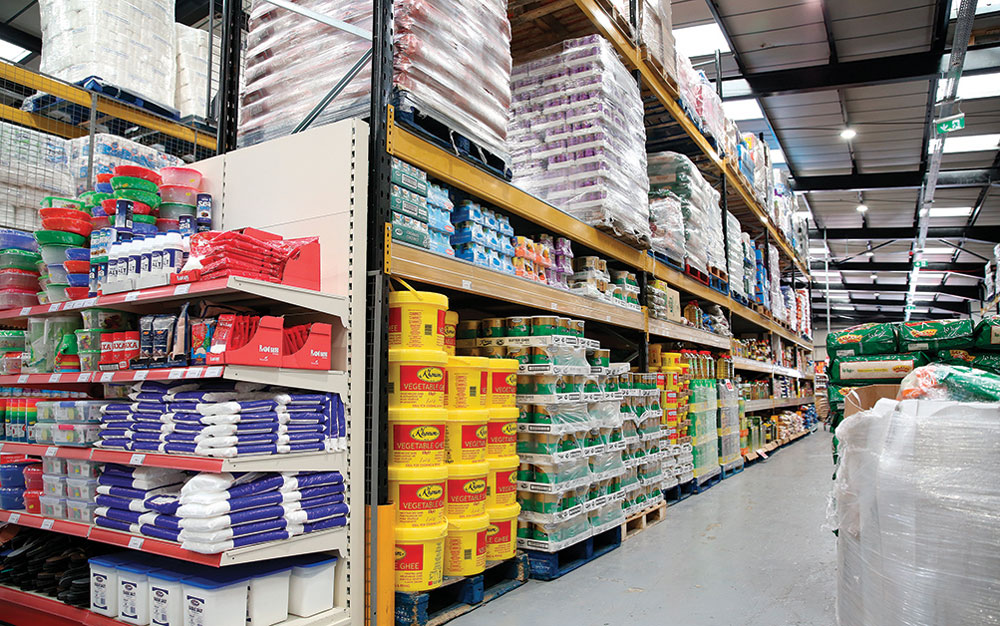
With inflation at a 40-year high, a YouGov poll has revealed that more than a third of people have been forced to reduce, or stop spending money entirely, on eating out and takeaways over the past six months, as a direct result of rising costs and inflation.
Dining out and takeaways ranked second and fourth, respectively in the key areas in which Britons are cutting back, with 39% of those surveyed reducing the amount they dine out and 38% reducing their number of takeaways. A further 27% have also cut back on their spending on alcohol, with 7% saying that they have had to cut it out entirely for cost reasons.
The Nationwide Caterers Association says: “Consumers are making these reductions as a direct result of the cost-of-living crisis and projected further energy price increases. Whilst the hospitality industry remains confident that this summer will be prosperous, the anticipated increases in inflation and energy prices risk a post-summer dip as consumers begin to cut further expenses.”
What next?
Labour shortages, increased labour and food costs, shifting consumer demand and the implementation of new technologies are just some of the challenges restaurant owners are facing, according to the National Restaurant Association’s 2023 State of the Industry Report.
While rising costs of food is a significant issue for 92% of restaurant operators, the food service industry is forecast to reach $997bln in sales in 2023, driven in part by higher menu prices, and 47% of operators say they expect competition to be more intense than last year.
What’s clear is that consumers still want restaurant experiences – with 84% of consumers saying: “going out to a restaurant with family and friends is a better use of their leisure time than cooking and cleaning up”.
The report also states that the foodservice industry workforce is projected to grow by 500,000 jobs, for total industry employment of 15.5M by the end of 2023, surpassing pre-pandemic levels.
But just how easy will it be to find staff to find and fill new and vacant positions? And with the cost of ingredients rising, what does this mean for customer experience? Higher prices? Smaller portions? Less choice? Let’s find out.
The Cross Keys
Sherbourne, Dorset

Located at the heart of the community on Sherborne’s historic Conduit marketplace known as The Parade, The Cross Keys is one of the town’s most famous inns. Just around the corner from 15th-century Sherborne Abbey, it has welcomed locals and visitors for over two hundred years.
The Cross Keys Sherbourne serves everything from pie and mash to Thai food, always emphasising quality and value for money. Commenting on the impact of Covid and the ongoing economic crisis, owner Mo Gherras says “The past 18 months to two years has been a bit of a blur, but we adapt daily, and it’s made us stronger”.
The restaurant has a passion and reputation for creating great-tasting, seasonally-inspired dishes, using ingredients from local and artisan producers. Its seasonal menu is cooked to order and includes vegetarian and vegan options. Menus change regularly, with weekly specials available based on seasonality and availability.
“Energy is the biggest cost, but we can’t do much about that, we need the government to help us a bit,” says Gherras. He adds that customers have become more aware of what they spend. Where before they might have eaten out several times a week, they are now only eating out once a week, or ordering less. “Consumers want and expect something nice; they want value for money and can be much more critical as a result. Our offer is good quality and value for money. Think local, locally source, cut out the middlemen,” says Mo, adding that this approach also prevented the businesses being hit by the supply issues that made headlines earlier this year.
“Buying the best doesn’t mean the most expensive, it’s how you source – go to the farms direct,” advises Mo “We buy a whole animal/half an animal and use pretty much everything.”
Like so many businesses in the hospitality industry, recruiting and retaining staff – particularly since Brexit and the pandemic – has, and continues to be difficult. “A lot of people retired during the pandemic, and nobody replaced them as they didn’t have the experience and it takes a long time to get them trained. Others simply left the industry. Hospitality is not seen as a career in the UK. In other European countries it’s a good career with huge opportunities.” In response, Mo has applied for sponsorship to recruit people from overseas.
“I started doing [this job] when I was 17, I’m now 47. I love it, it’s in my blood – looking after people, seeing them happy, talking to people from all different walks of life.”
To survive in this climate, you must live and breathe what you do: “You must love food, people want to know the story behind it and experience it more authentically: vary your menu, champion local produce and traceability over just food on a plate.”
Yum Yum
Stoke Newington, London
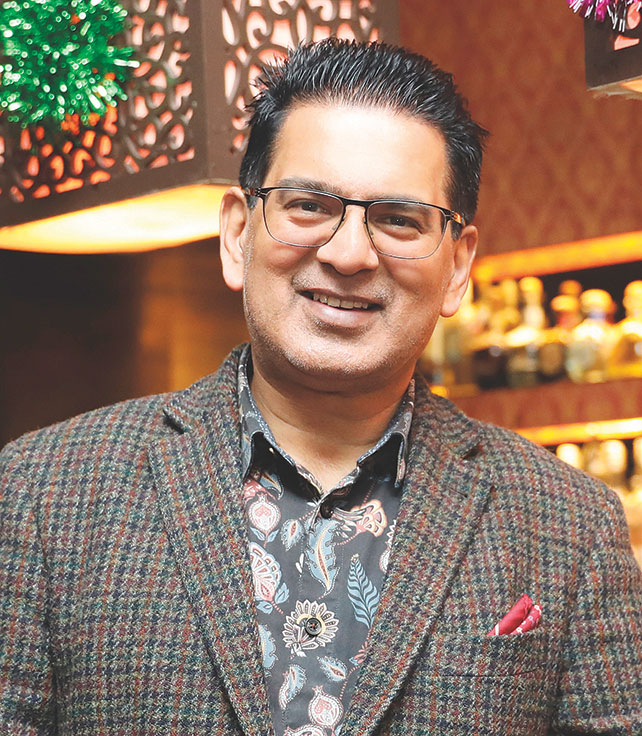
Established for 27 years, Yum Yum offers ‘award-winning classical Thai cuisine’ in a Grade II Listed building in the heart of Stoke Newington in north London.
“These are very unusual times, and it is during these times that entrepreneurs are born,” Yum Yum’s owner, Atique Chowdhury tells Curry Life. “When everyone had their heads down during lockdown, we were cooking for the frontline, so when the government gave permission for takeaways to re-open, not only were we operationally ready, but because of the amount of media attention we got for serving 5000+ meals to emergency workers, we had a lot of customer goodwill.”
Chowdhury reveals that while the average spend of his customers has continued at the same level, because of the price increases “it balances out.” Cutting corners in terms of quality, portion size or service, however, is simply not an option. “I am a man of principles: I believe in quality of food, and quality of service in luxurious surroundings. Customers understand the difference between an average meal out and an amazing meal out. This is a time when you can tell the difference between an ordinary business and an extraordinary business.
“A lot of restaurateurs are complaining about the position they are in, but we must focus on our costs and make sure that staff facilities and areas such as toilets are up to scratch, that we comply to EHO [environmental health officer] standards and that communication between staff and management is on point and not mixed up with what is happening outside. This is show business, it’s not even a restaurant, it’s a theatre – more than ever before people want to go into a place and escape their everyday life. I’ve had a restaurant in my area for over 43 years; I’m not willing to compromise as I have generations of customers that have come to expect only the very best.”
Chowdhury agrees that staffing is difficult and says you must try even harder not only to recruit staff but also to retain them. He has been given work permits to recruit hospitality staff from overseas with different skill sets and bring them into the business, which also comes with additional fresh ideas and innovation.
Chowdhury is committed to looking after and developing his staff. “I make sure I give them facilities they didn’t have before. You must incentivise your staff I’m not just talking financially, they must also feel valued.”
Ballingdon Valley Restaurant
Sudbury, Suffolk
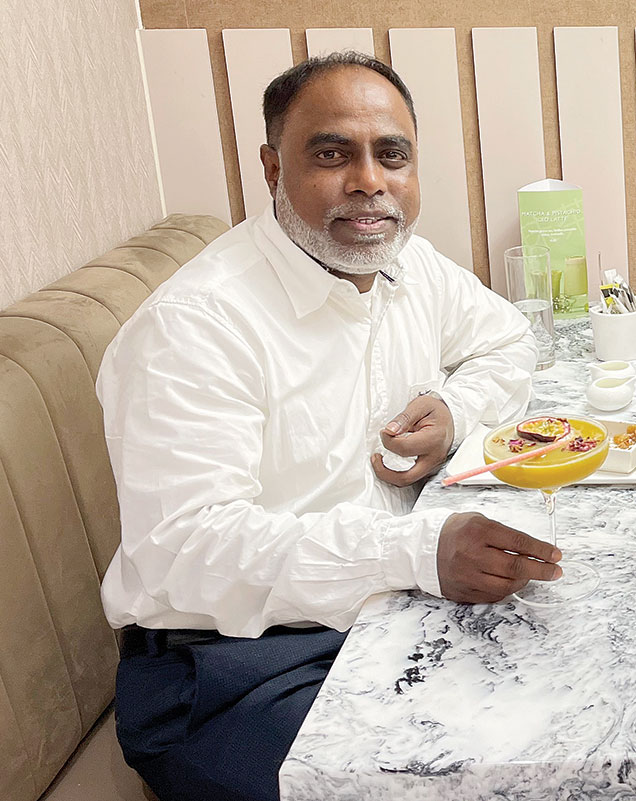
Offering the very finest Indian cuisine, the award winning Ballingdon Valley Indian restaurant in Sudbury, Suffolk says it ‘provides an unusually good dining experience. Serving dishes cooked with only the freshest ingredients, customers can expect exemplary service from our staff whether eating in or taking away.’
With costs continuing to rise, owner Abdus Shahid tells Curry Life: “It is tough at the moment – juggling the costs of staff, energy and ingredients. Fresh garlic, onion and ginger – the cost of these fresh ingredients like these has tripled. Meat has gone up too; we only use fresh chicken; I won’t use frozen, so I pay extra to have it.”
Customers are undoubtedly cutting back, says Shahid, “now, if they have a starter, they will take off the sides, or they will skip the starter and keep the side dishes.”
Rather than pass all of this cost onto the customer, who is also suffering from the effects of rising inflation and interest rates, Shahid is recouping some of the lost revenue by focusing on a smaller menu.
“My advice is to have a reduced menu, if you have a big menu, you need to buy more stock. Be sure to keep your most popular dishes and then every couple of months change it. Yes, we have had to put prices up a little, but we are very established here in Suffolk – we are celebrating our 20th anniversary this year. Our customers understand that we must do that because our costs are going up too.”
Looking to the future
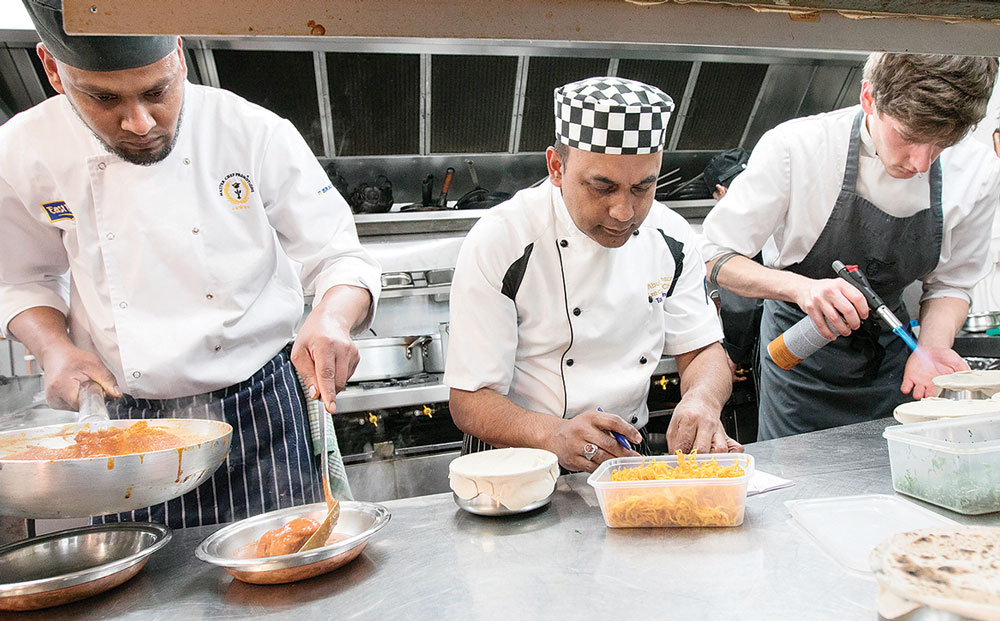
There are many positives to take from the 2023 State of the Industry Report. In its analysis it says that many restaurant owners have a growth mindset for 2023. Nearly three in four operators say business conditions are already close to normal— a new, more positive normal—or are well on the path, and the focus is on sustaining growth in the coming year.
While the headwinds of 2022 are carrying over into 2023, consumers’ desire for the restaurant experience is as strong as ever and will play a critical role in the industry’s recovery.
Echoing the views of our restaurant owners above, the National Restaurant Association says there are opportunities to increase revenues, including but not limited to, chef’s tables/tastings, cooking classes, selling branded wear, meal kits, meal subscriptions and promoting locally sourced fare. It will be interesting to see what the next six months brings.



